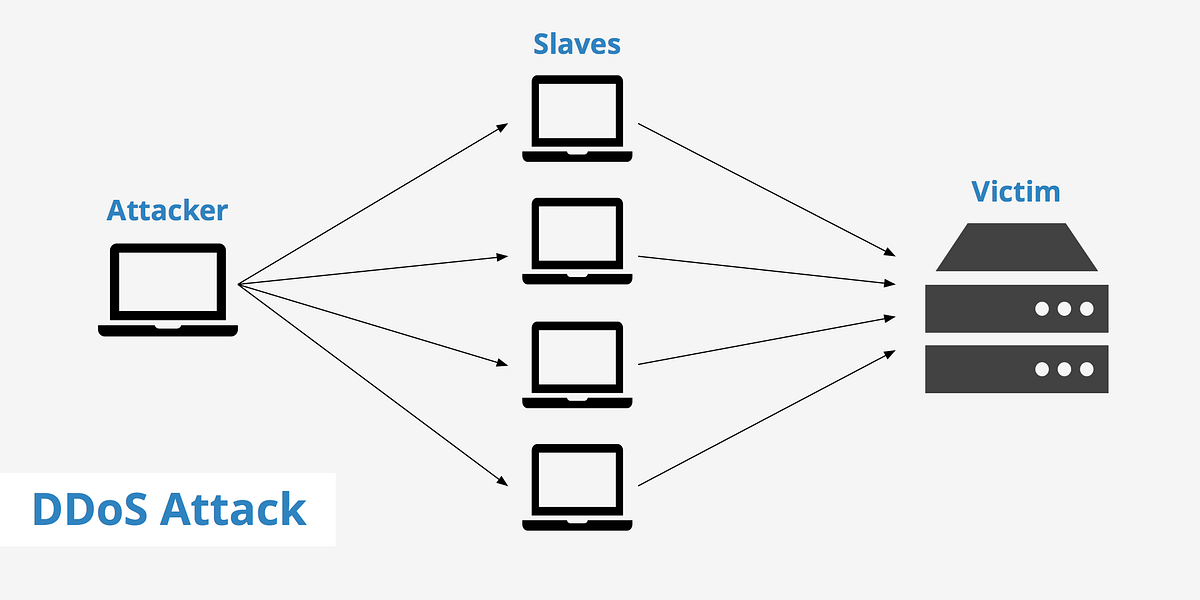The main topic of this week is the postponed grand final of DreamLeague Season 25 in Dota 2, where Team Spirit couldn’t finish their match against Tundra Esports due to DDoS attacks. While these attacks have become less common in professional Dota 2, they were once a major problem. We look back at three notable cases where DDoS attacks had a significant impact on professional matches.
The year 2014 was a particularly difficult time for professional Dota 2, as DDoS attacks became widespread. During online qualifiers, teams frequently experienced high ping and disconnections. At the time, most organizations didn’t know how to effectively prevent or handle these attacks. As a result, DDoS attacks sometimes directly determined match outcomes and, consequently, qualification for LAN events.
To understand the scale of the issue, consider the qualifiers for ESL One New York 2014 and NAVI’s journey through them.
In a match for the first LAN slot, NAVI faced the newly formed Team Secret. However, viewers were denied a compelling series because NAVI were forced to play 4v5 almost from the start of the game (minute 6) due to a DDoS attack.
Interestingly, NAVI managed to hold their own and even secure some advantageous trades. However, shortly after, XBOCT reported that he was the only player left in the game, making it impossible to continue.
Consequently, at the 16-minute mark, with a relatively even score and net worth, NAVI conceded defeat, and Team Secret earned the LAN slot for the event in the USA.
In the lower bracket, given a second chance to qualify, NAVI ironically benefited from DDoS attacks themselves. This happened in a series against xGame.kz (then known as Next.kz), featuring Mantis. The Kazakhstani team was immediately targeted by attacks right from the start of the match. Even commentator VeRsuta joined the discussion, offering advice in an attempt to resolve the situation.
Unfortunately, it didn’t help. The xGame.kz players, playing four against five, put up some resistance and even managed a few kills, but ultimately had to forfeit. NAVI players, who had recently experienced DDoS attacks firsthand, could only sympathize with their opponents.
Ultimately, NAVI claimed the tournament slot, while xGame.kz was eliminated.
One of the most infamous cases of a DDoS attack during a professional match occurred in 2017 during the qualifiers for the Dota 2 Asia Championships 2017. This incident is notable not only for the DDoS attack’s influence on the final result but also for its aftermath: Virtus.pro manager Andrey ‘Kimi’ Kvasnevsky lost his job as a consequence.
In early 2017, Virtus.pro was establishing itself as a leading team in the CIS region. While they hadn’t yet reached global top-team status, they were dominant regionally. Therefore, their qualification for DAC seemed almost guaranteed, with Team Empire being their only potential rival. However, VP didn’t even face Team Empire, failing to advance from the group stage.
During their first group stage match, Virtus.pro’s bootcamp lost internet connection, resulting in a technical defeat. Before their second match, the team moved to a computer club, where they were subsequently hit by DDoS attacks, preventing them from participating in the series. In both instances, their opponents offered the standard 10-minute pause, but it was insufficient. Virtus.pro exited the qualifiers without playing a single full game.
Following these events, Virtus.pro management announced the dismissal of their team manager, who was deemed responsible for failing to provide the necessary conditions. DAC 2017 proceeded without Virtus.pro, while Team Empire delivered some outstanding performances and even reached the top 6.
The qualifiers for The International 2018 were among the most troubled in the tournament’s history, particularly in the South American region. Virtually all teams participating in the qualifiers were targeted by DDoS attacks, starting from the early open qualifier stages.
Given the sheer volume of matches, addressing each issue individually, as in the DreamLeague grand final case, was impossible. This led to some bizarre situations. According to the rules, pause time is limited to a maximum of 20 minutes, after which the game must resume. Thunder Predator, in a match against paiN in the open qualifier playoffs, exploited this rule. Both teams were disconnected due to DDoS attacks, but Thunder Predator returned to the server faster and unpaused the game, winning the map despite being down approximately 20,000 gold.
There were many similar stories during those qualifiers. For example, Midas Club won a match with an undefended Ancient simply by unpausing while their opponents were still offline.
After this, organizers were forced to revise the pause rules. Players were prohibited from unpausing in case of an opponent’s disconnection. Instead, they were required to call for an administrator, who would then decide the future of the match.
If you’re curious about karma and the eventual fate of those who abused the pause rule, both Thunder Predator and Midas Club ultimately failed. Midas Club advanced to the closed qualifiers but finished last in their group. Thunder Predator’s fate was more interesting: they reached the closed qualifier playoffs but were then disqualified for using macros.

